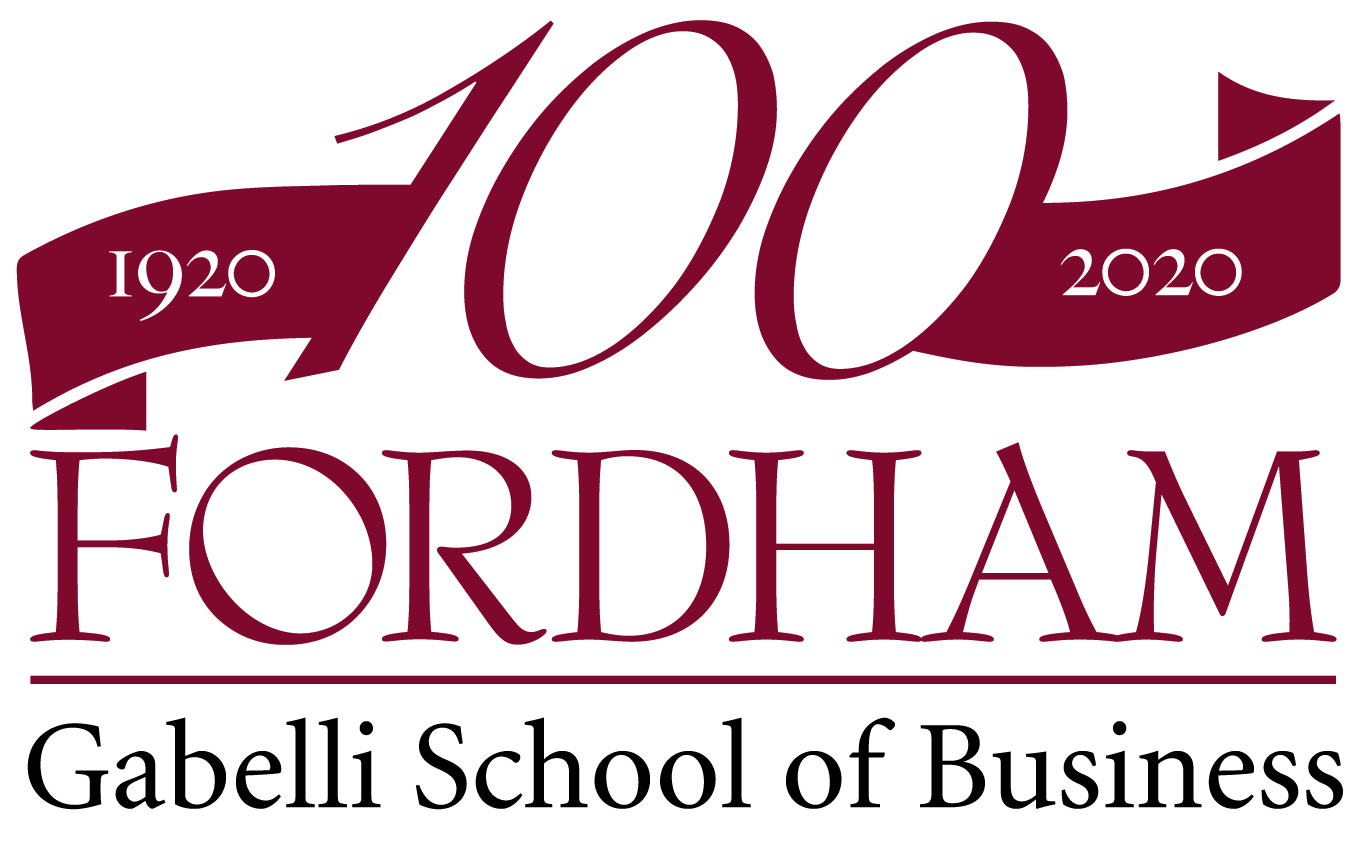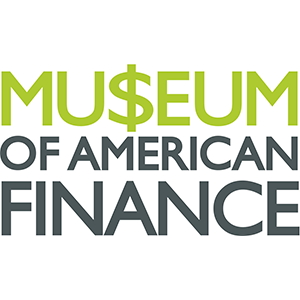Share Event

Wait! A Note on Registration:
We’ve launched Cvent—our new events platform!
Registration for any event with a start date after Sept. 28 now requires a CFA Institute account.
I don’t have a CFA Institute account
- No problem! You’ll have the chance to create one prior to registration.
I already have a CFA Institute account
- Great! Be sure to use your existing credentials at registration.
Overview
This event is co-sponsored with the CFA Society New York, the Gabelli Center for Global Security Analysis, and the Museum of American Finance.
At its core, economics is about making decisions. In the history of economic thought, great intellectual prowess has been exerted toward devising exquisite theories of optimal decision-making in situations of constraint, risk, and scarcity. Yet not all of our choices are purely logical, so there is a long-standing tension between those emphasizing the rational and irrational sides of human behavior. One strand develops formal models of rational utility-maximizing, while the other draws on what behavioral science has shown about our tendency to act irrationally.
In this talk, George Szpiro will give examples of mathematical paradoxes and psychological conundrums that have led to advancements in economic science. He will challenge the audience with questions about how to make decisions, thereby showing how people who believe themselves to be rational can be led astray.
Agenda
12:00 PM | WELCOME REMARKS
Donna Rapaccioli, Dean, Gabelli School of Business, Fordham University
12:05 PM | SPEAKER INTRODUCTION
David Cowen, President, Chief Executive Officer, Museum of American Finance
12:08 PM | DISCUSSION
George G. Szpiro, Author, Numbers Rule: The Vexing Mathematics of Democracy, from Plato to the Present and Pricing the Future: Finance, Physics, and the 300-Year Journey to the Black-Scholes Equation
12:45 PM | AUDIENCE Q&A
1:00 PM | CLOSING REMARKS
David Cowen, President, Chief Executive Officer, Museum of American Finance
Co-Sponsored By

